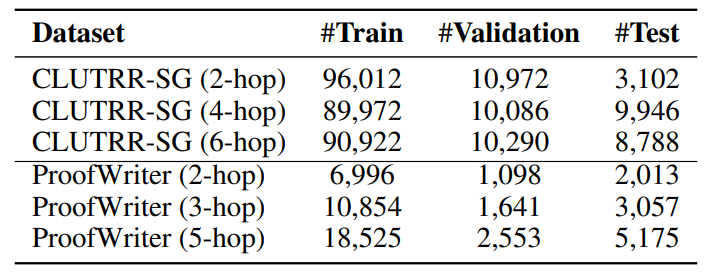JANCTION Forges Alliance with AltLayer to Enhance Blockchain Interoperability

JANCTION is excited to announce its groundbreaking alliance with AltLayer to drive blockchain scalability and interoperability. This partnership aims to provide a greater roll-up technology support and boost the efforts of joint marketing. With this, the collaboration is set to empower the blockchain community by providing them with greater awareness and adoption.
JANCTION, a blockchain platform that improves interoperability solutions, has announced the news through its official X account. The other partner, AltLayer, is a renowned Rollup-as-a-Service (RaaS) provider.
JANCTION and AltLayer Leverage Rollups to Empower Blockchain Infrastructure
The partnership utilizes AltLayer’s expertise in Rollup-as-a-Service to foster a major goal of enhancing the environment of blockchain development. AltLayer offers scalable, secure, and customizable rollups, cementing its position in blockchain technology. The platform provides the necessary tools to developers to build efficient blockchain applications.
JANCTION collaborates with AltLayer to introduce improved rollup technology support to accelerate its ecosystem. In this way, both platforms are set to provide effortless experiences to developers and users, mitigating friction in blockchain integration.
JANCTION and AltLayer Enhance Interoperability with Global Reach
This synergy works beyond infrastructure, strengthening joint market initiatives and expanding global outreach. By doing this, the partnership paves the way for greater adoption of blockchain solutions. JANCTION and AltLayer, by combining their efforts, are poised to enhance platforms’ interoperability.
Both platforms’ joint effort has made it easier for developers and users to connect in a more ecosystem-friendly environment. The alliance aims to build stronger foundations for the next era of Web3 rather than just an enhanced technology.
JANCTION, through this advanced step, is poised to solidify its commitment to bringing innovation to blockchain. AltLayer, on the other side, has a proven rollup expertise, driving scalability and efficiency to unlock new growth opportunities within the decentralized ecosystem.
You May Also Like

Privacy is ‘Constant Battle’ Between Blockchain Stakeholders and State

Technical Setup for RECKONING: Inner Loop Gradient Steps, Learning Rates, and Hardware Specification
